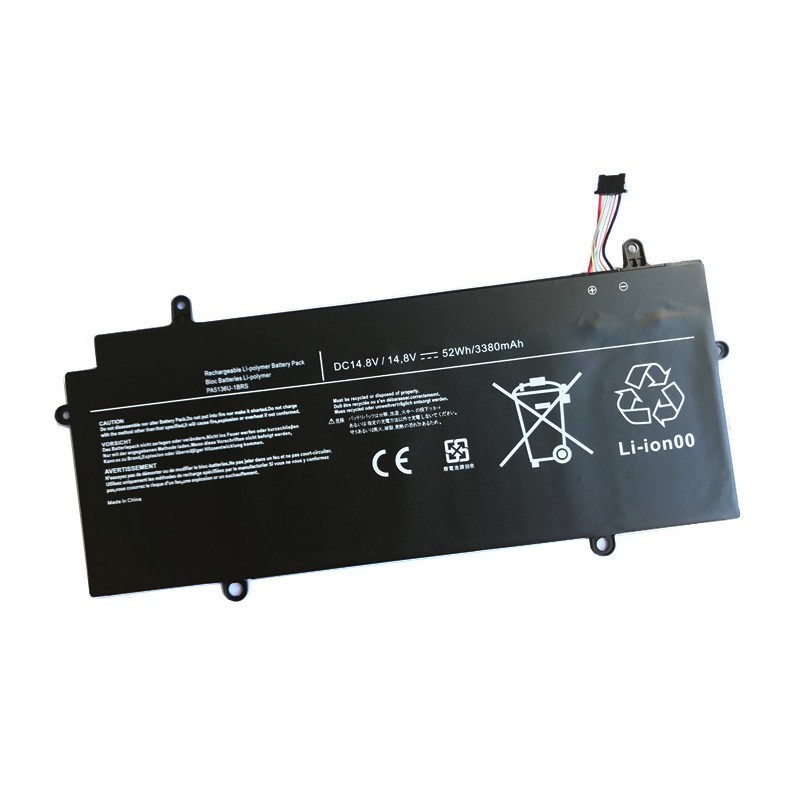


Half of that capacity, an estimated 200 GWh, will be for EVs. To meet increasing demand, Dhar expects global lithium-battery production capacity to quadruple by 2025 from today's level of 90-100 GWh. In the separator field, he cites Kevlar as a possible alternative to polyethylene foam.Īgainst this backdrop, Dhar predicts energy density and specific energy of lithium-ion batteries will increase from 650 Wh/L and 250 Wh/kg today to 900-1,000 Wh/L and 400 Wh/kg in 2022, then rise again to more than 1,000 Wh/L and 500 Wh/Kg in 2030 when lithium-air technology comes on stream. He predicts that lithium-metal will replace graphite as the anode material of choice by 2022, then possibly switch again to lithium-titanate by 2030.Īlso by 2022, solid and liquid electrolytes will replace ethylene carbonate, diethyl carbonate or lithium hexafluorophosphate. That includes everything from 48V and micro-hybrids," he says.Ĭontributing to Dhar's bullish outlook are advances being made in battery materials, most notably in nickel-rich cathodes and silicon-doped anodes that he believes will help lower costs 50%.
#Batteryexpert plus
"And post-2025, there won't be a single car in the Western world plus China that won't have electrons playing some role in the powertrain. "We aren't going to have 170,000 charging stations in 2025 as we have 170,000 gas stations today."Ĭoncerns about charging infrastructure notwithstanding, Dhar expects EVs to achieve 35% penetration globally by 2040. They will be restrained by a lack of recharging stations", (something that Tesla is working on already, as it is currently working on doubling its Supercharging network to meet demand) the consumer range anxiety will shift to recharging-station anxiety." This can be compensated for without sacrificing the 400-mile (640 km) range by increasing battery capacity to 57 kWh."ĭhar insists all-electric and plug-in hybrid cars "will not be restrained by a lack of battery. "With all other cabin comfort load (including air conditioning and heating), the range will drop by 15%. A 50-kWh battery with 400 Wh/kg of specific energy can easily take the car 400 miles (640 km) within the allocated weight limits for the battery", Dhar said. "In practical terms, a typical electric car would consume about 125 Wh/mile (78 Wh/km) at a constant speed of 55 mph (88 km/h). Looking five years out to 2022, Dhar expects energy density of lithium batteries to reach 400 Wh/kg, which means a driving range of 400 miles (640 km) employing a 50-kWh battery pack. Speaking at the recent Center for Automotive Research Management Briefing Seminars, Subhash Dhar, founding president of Ovonic Battery and most recently CEO of XALT Energy, expects lithium battery costs at the module level to reach $125/kWh by 2022 due to improvements in materials, processes and automation, coupled with new cell designs and higher production volumes.ĭhar further predicts the next-generation battery will use solid-state technology and will first find its way into consumer electronics by 2025, then into EVs by 2028. It also has features that can monitor and control energy consumption.TRAVERSE CITY, MI – A respected industry consultant is predicting that EV battery prices will come down sufficiently in the next five to seven years to make electric vehicles viable from a cost, driving range and supporting infrastructure standpoint.

Shows how long will your battery in a variety of situations (playing games, wifi on or off, etc.)īattery Doctor regulates how your device is recharged with a single charging system in 3 steps to ensure you have the best battery and reminds you not to overload. Brightness) disable unnecessary applications that drain your battery.Įstimate accurately the remaining battery time Battery Expert is an energy saver that can extend your battery life up to 50% by finding applications and high energy settings on your device.įind out what your empty battery.


 0 kommentar(er)
0 kommentar(er)
